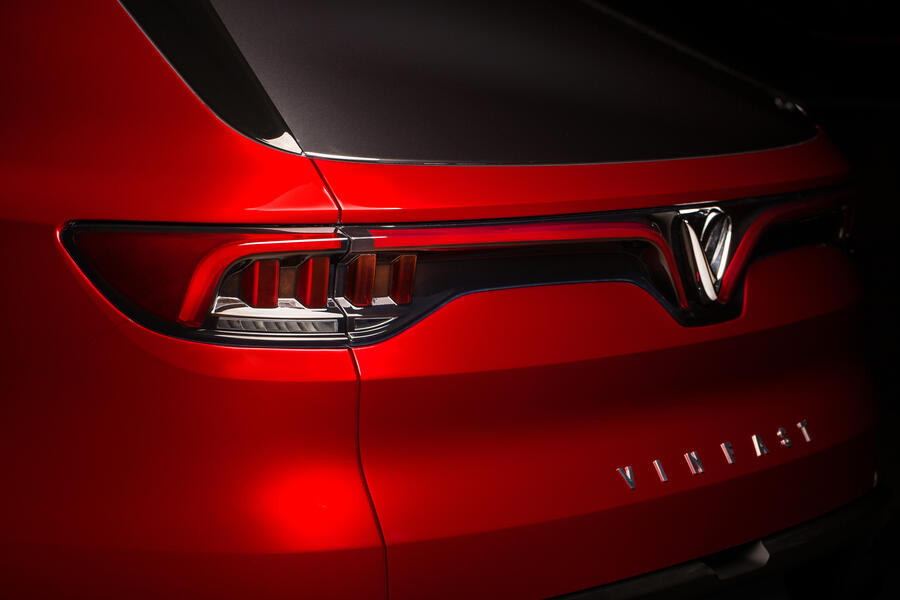The plant will also produce an electric scooter, which will go into production that autumn. Meanwhile, Vinfast has secured a licence to produce what was sold in the UK as the Vauxhall Viva. This restyled A-segment city car will be sold in Vietnam from autumn 2019 in two versions: a 1.0-litre manual in taxi specification and a 1.4 version with a continuously variable transmission for commercial sale.
The firm is also planning an electric bus, as part of a goal to make 500,000 vehicles and one million e-scooters annually by 2025. To produce the new models, Vinfast has hired experienced engineers from around the world, including ex-General Motors US designer David Lyon, Brits Kevin Fisher (head of vehicle engineering) and Roy Flecknell (director of planning and product management), and Australian Shaun Calvert (vice president of engineering).
Vinfast’s outside engineering contractors include Pininfarina, Bosch, Magna and Siemens. Fisher said that the two outgoing BMW platforms used for the flagship models have been modified by Vinfast to “future-proof” them and make it possible to meet all global regulations. He said modifications were made for improved pedestrian and side-impact protection. Vinfast also re-engineered some of the BMW production technology used to assemble the structure.

The new BMW-based engines will initially come in 175bhp and 227bhp forms, coupled to an eight-speed ZF automatic transmission. Hybrid versions are also possible in the future. Vinfast didn’t buy a licence for BMW’s Valvetronic head, so has had a more conventional valvetrain engineered for the base N20 unit.
Design boss Lyon was asked by Pham Nhat Vuong, chairman of parent company Vingroup, to dramatically shorten the normal design development time for the two cars. Lyon said that by eliminating the traditional clay modelling stage, he reduced the time from the first sketches to the final surface development to less than 11 months.